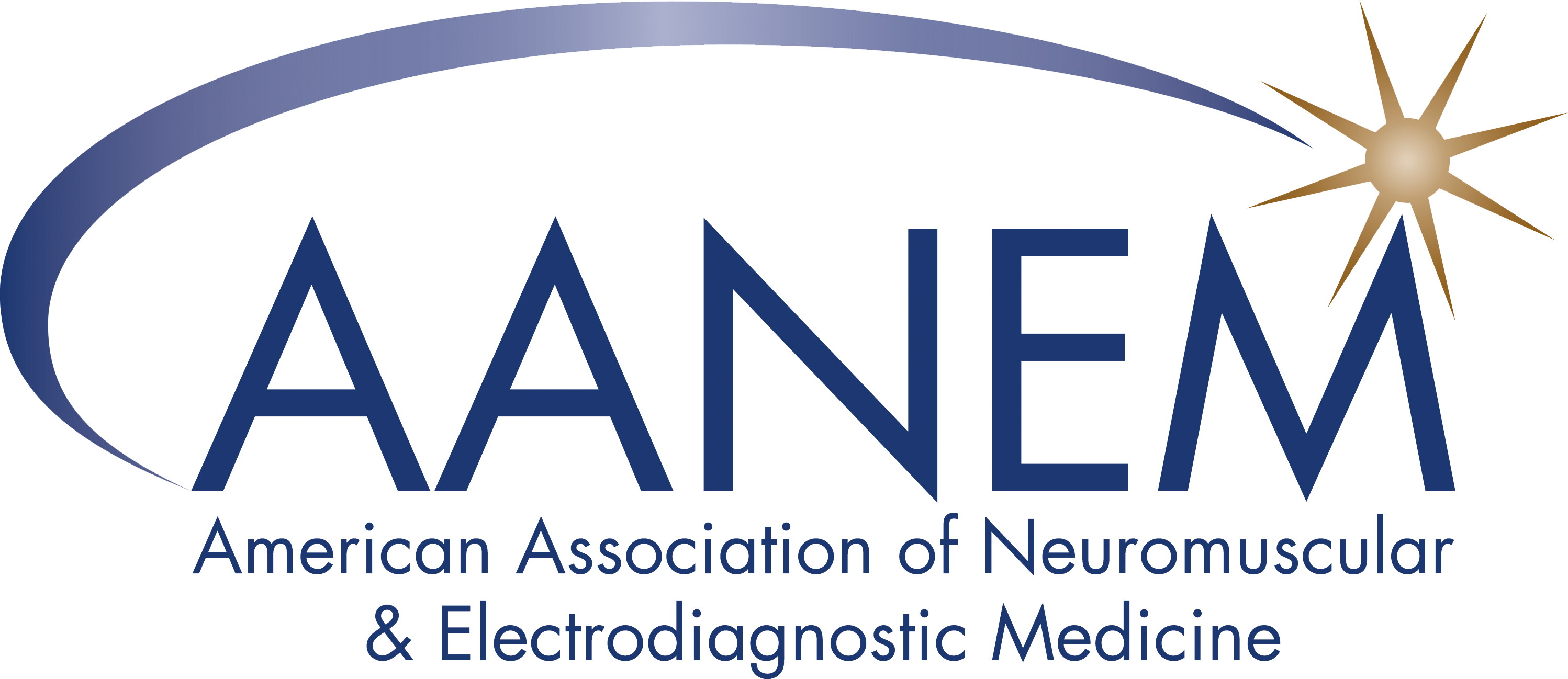Science News: Guillain-Barré Syndrome and COVID-19 Vaccine: A Multicenter Retrospective Study of 46 Cases
Published April 10, 2024
Science News
Submitted by: Pritikanta Paul, MD
Edited by: Joshua Wilson, MD
Citation: Castiglione JI, Crespo JM, Bendersky M, et al. Guillain-Barré syndrome and COVID-19 vaccine: A multicenter retrospective study of 46 cases. J Clin Neuromuscul Dis. 2023;25(1):1-10. doi:10.1097/CND.000000000000043.
Summary: In recent times, there has been growing concern about a potential association between adenovirus vector COVID-19 vaccines and an increased risk of Guillain–Barré syndrome (GBS). This study investigated the clinical and electrophysiological characteristics of cases of GBS occurring after COVID-19 vaccination and compared them to GBS cases unrelated to recent vaccination.
The study included 91 cases of GBS from March 2020 to March 2022 in Buenos Aires, Argentina. Forty-six of the 91 individuals had received SARS-CoV-2 (COVID-19) vaccination within the 4 weeks preceding the onset of symptoms and were classified as having vaccine-associated GBS. While four vaccine formulations were reported, two adenovirus-based vaccines, Sputnik V [Gam-COVID-Vac] and AstraZeneca [ChAdOx1-S], were associated in 93.3% of cases. These two vaccines, according to WHO data, make up less than 7% of vaccines given since start of the pandemic.
Comments: While this study did not investigate a causative link between COVID-19 vaccines and GBS, its comparative analysis offers valuable insights into the clinical and electrophysiological features of GBS cases occurring shortly after vaccination. Larger-scale studies and continuous monitoring are necessary to determine if an association exists. The connection between vaccines and GBS is an exceptionally intriguing subject in clinical practice. The AANEM audience frequently tends to GBS patients or is engaged in clinical research and relevant practices related to this.
